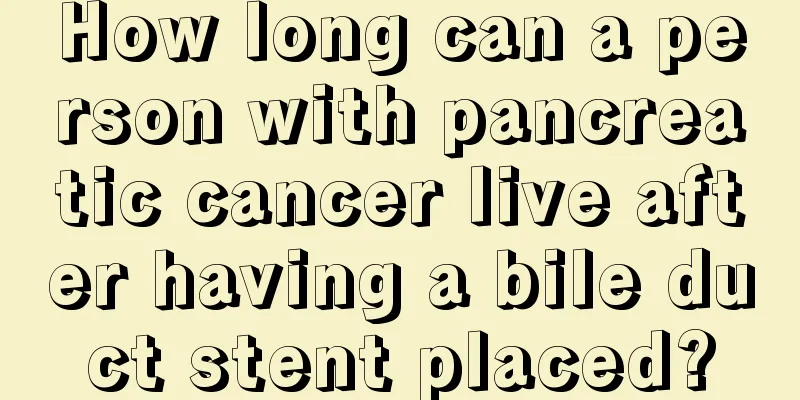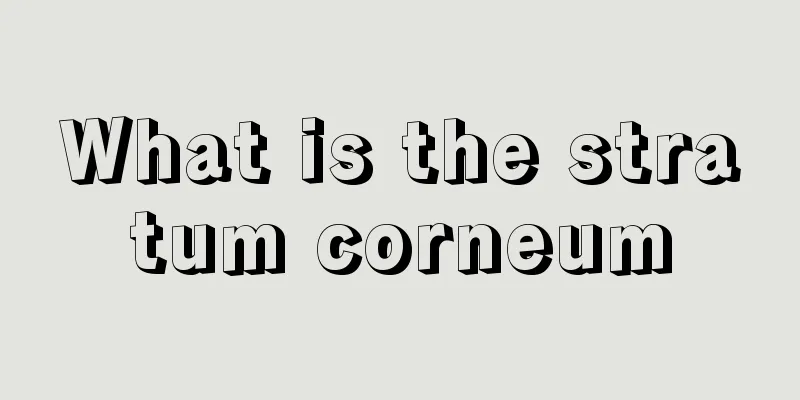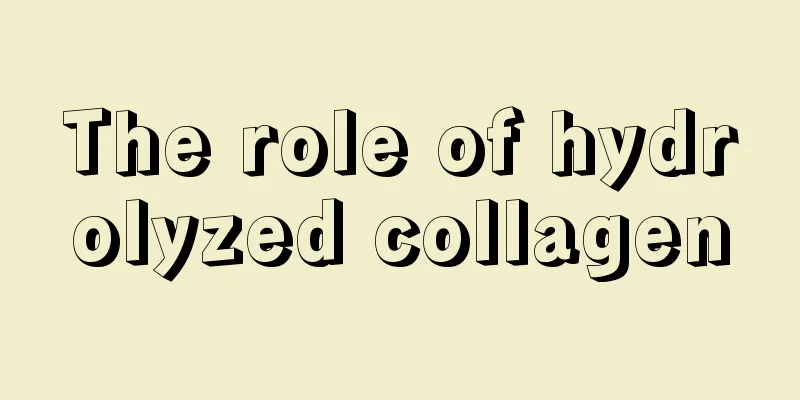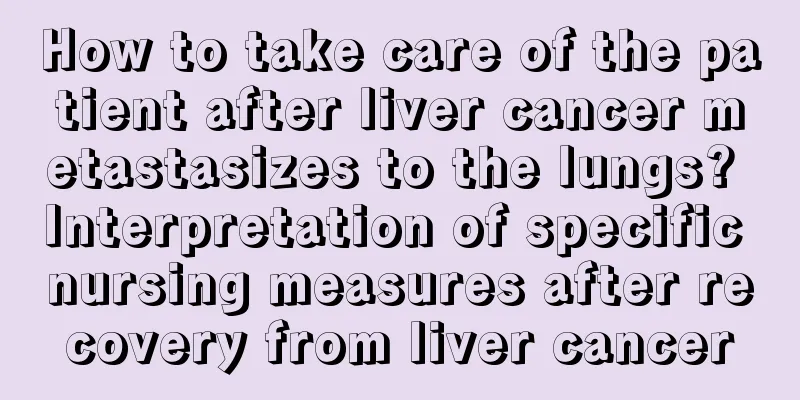Introduction to the diagnosis of esophagitis and esophageal cancer
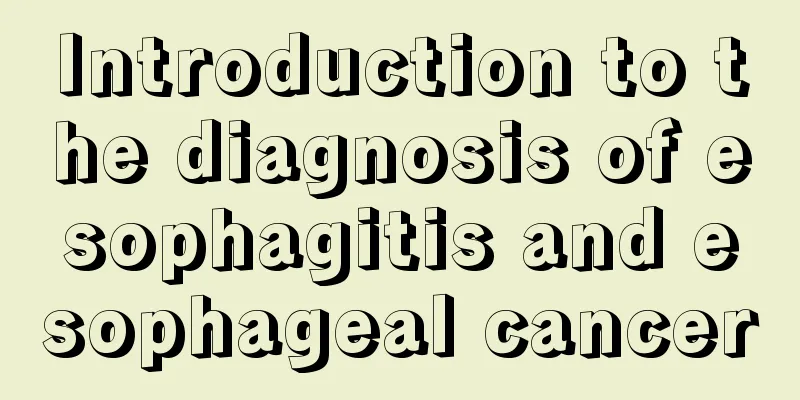
|
Many patients tend to take the words literally and think that esophageal cancer and esophagitis are almost the same disease. But in fact, there are still big differences between the two. The diagnosis must be correct when checking and confirming, otherwise it will cause great trouble for the later treatment. Below we will give a detailed introduction to the diagnosis of esophageal cancer and esophagitis. How to diagnose esophagitis? At the beginning of the disease, the patient has a loss of appetite, followed by difficulty swallowing, drooling and vomiting. The patient often refuses to eat or food refluxes soon after swallowing. Dogs with acute esophagitis make abnormal snoring sounds due to gastric reflux, and mucus sticks to the corners of their mouths. The esophagus is swollen and hard on palpation. Esophageal barium meal radiography. The esophageal mucosal surface is not smooth and has band-like shadows. Esophageal endoscopy can directly examine the inflammatory state of the esophageal mucosa. Reflux esophagitis Reflux esophagitis refers to inflammatory lesions of the lower esophageal mucosa caused by the reflux of gastric contents into the esophagus. How to diagnose esophageal cancer? X-ray barium meal examination is a commonly used method for clinical diagnosis of esophageal cancer. It can determine the cancer site by the stagnation position of the barium and make a preliminary judgment on the cancer condition based on the results such as the stiffness of the esophageal wall and the narrowness of the esophageal cavity. Esophagoscopy can directly observe the size, shape and location of the tumor, providing an important diagnostic basis for identifying esophageal cancer and having certain guiding significance for subsequent treatment. Esophageal exfoliative cytology examination. After years of clinical observation, it was found that the examination method is simple, the patient suffers little pain, and the false positive rate is low. Practice has proved that it is the most practical method for large-scale surveys in high-incidence areas, with a total positive detection rate of about 90%. Esophageal endoscopic ultrasound examination. Esophageal endoscopic ultrasound examination is gradually used in clinical practice, but the examination price is relatively expensive. CT scanning is a common method for diagnosing esophageal cancer, and it can easily analyze the inducing factors of the disease, clarify the condition, and lay a good foundation for subsequent causal and symptomatic treatment. |
<<: Can esophageal cancer be diagnosed through gastroscopy?
>>: How to diagnose esophageal cancer
Recommend
What to do if your eyes are injured, do you know the 4 methods?
The eye is a relatively fragile organ and can be ...
What to do if you have an abdominal tumor? Experts recommend this!
In addition to tumors in organs, tumors can also ...
What is the fastest way to get cancer? What should I eat to get brain cancer quickly, or
Brain cancer mainly refers to malignant tumors in...
Can black sesame remove freckles?
Sesame is a very common food ingredient and is wi...
Foot type inward and outward
In recent years, the causes of clubfoot in childr...
Can honey water improve sexual function?
As men age, their sexual function will gradually ...
Introducing 3 methods of treating lung cancer
Lung cancer is one of the most common cancers. Ev...
Laryngeal cancer usually causes persistent hoarseness
Laryngeal cancer usually causes persistent hoarse...
Is inverted nipple a sign of early breast cancer?
If the nipple retraction is caused by congenital ...
How to prevent liver cancer? To prevent liver cancer, experts suggest four things to eat and four things not to eat
Liver cancer is one of the most harmful cancers t...
Can black mango be eaten? How to store and select mangoes?
Mango is a fruit that is difficult to preserve. I...
I got endometrial cancer at the age of 20
Endometrial cancer at the age of 20 may be relate...
How to quickly remove fish scales
Fish is a very nutritious food in our daily life....
Who is not suitable for using tea pillow
With the gradual improvement of living standards,...
The mole scabs and falls off by itself
Skin has always been something we are proud of. S...


